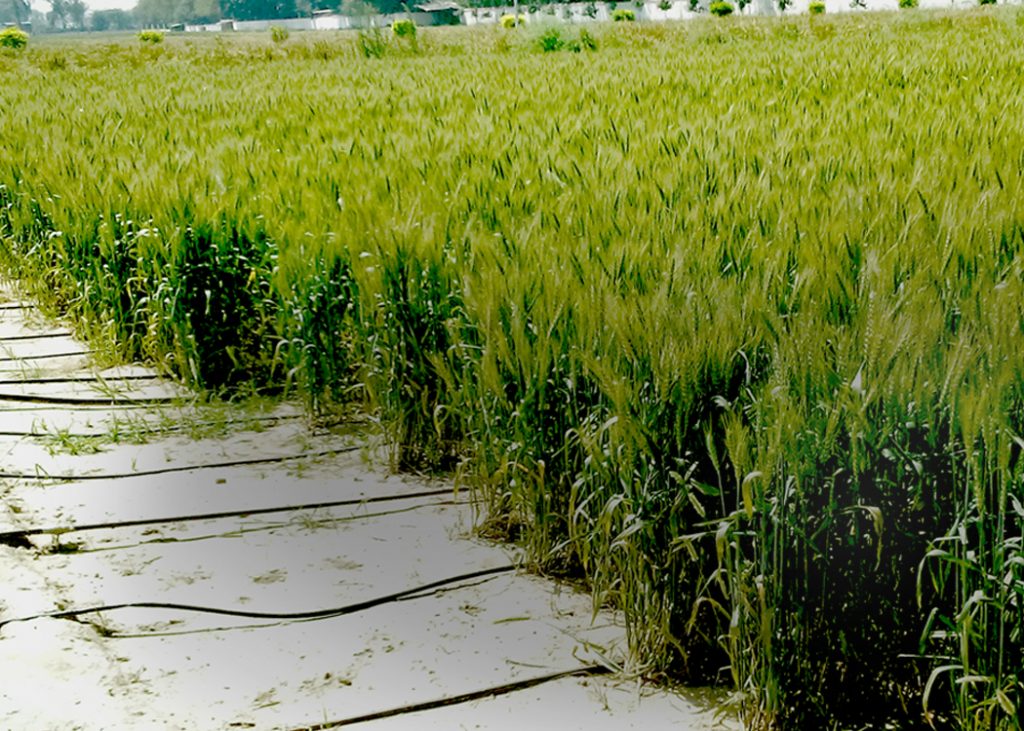
AVN Report
HYDERABAD: Experts in irrigation and soil management have revealed a longstanding oversight in calculating the water needs of wheat and cotton crops in Sindh and Punjab over the past three decades.
During a recent seminar, the pressing need for research into how shallow groundwater depths affect these crops’ water requirements was brought to light.
Nazar Gul, a PhD scholar from the Department of Land and Water Management, presented his findings at the final seminar of his PhD, titled “Water Requirements of Wheat and Cotton Crops under Varying Water Table Depths.”
Held in the Senate Hall and chaired by Vice Chancellor Dr Fateh Marri, the seminar underscored a significant gap in understanding the precise water demands of these vital crops.
Gul said that outdated knowledge has led to excessive irrigation, depleting freshwater resources and causing groundwater levels to rise, which in turn has resulted in waterlogging and salinity issues.
He pointed out that factors such as global warming and the introduction of new crop varieties could further alter the water needs of these crops.
Dr Marri stressed the importance of this research for both farmers and policymakers, stating that a deeper understanding of groundwater’s role is crucial for efficient water management.
Prof Dr Kamran Ansari, Director of the US-Pakistan Centre for Advanced Studies in Water, urged the integration of groundwater data into irrigation planning and called for further research into how saline groundwater impacts crop yields.
Retired Professor Dr Shafi Muhammad Kori commended the research, noting its potential to help farmers optimise irrigation practices.
Meanwhile, Prof Dr Munir Ahmed Mangrio, Chairman of the Department of Land and Water Management, highlighted the importance of training farmers to manage water use effectively for wheat and cotton cultivation.
The seminar drew a wide audience, including faculty members, students, and researchers, all eager to explore ways to enhance crop yields in the region.




